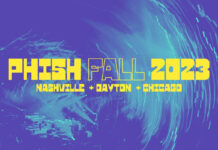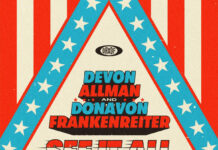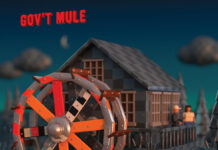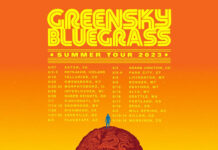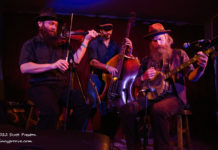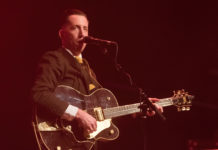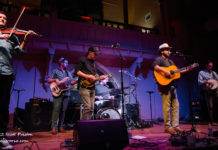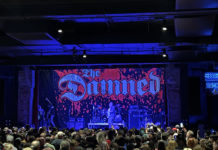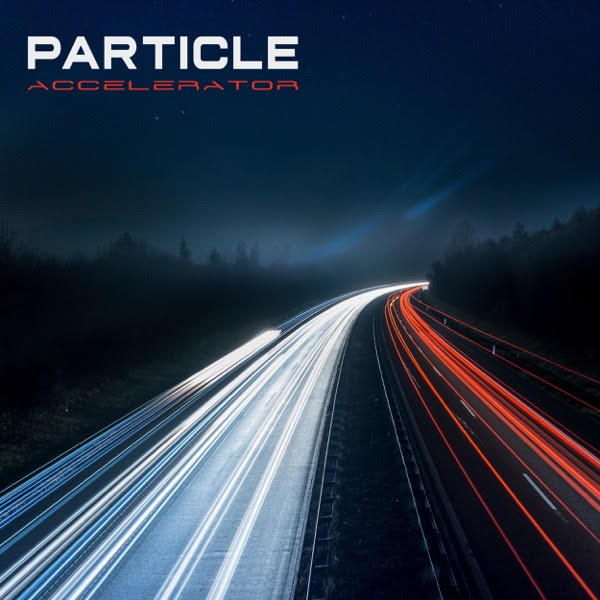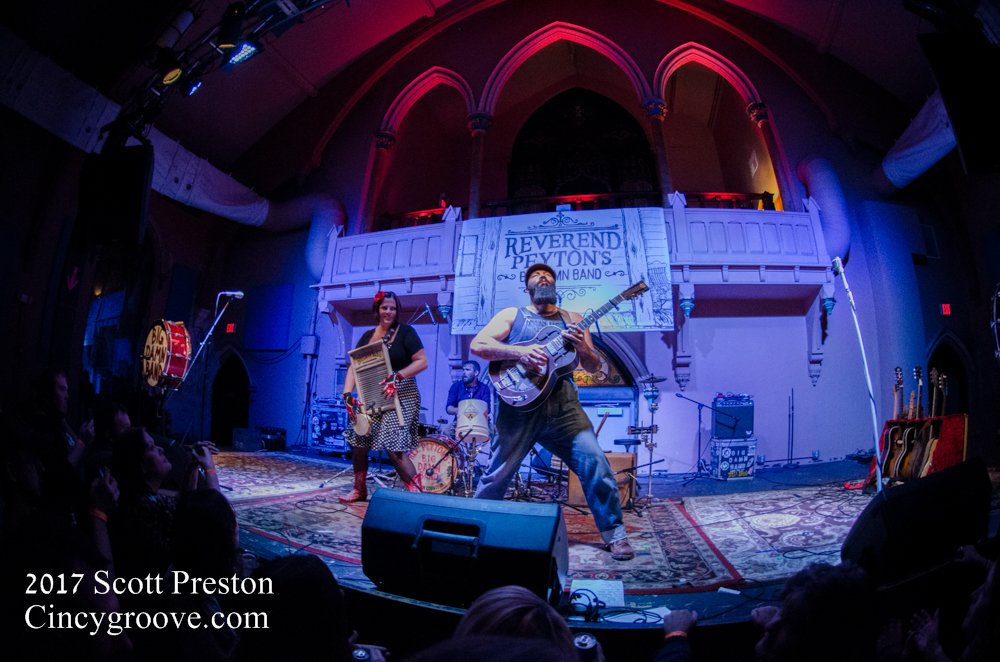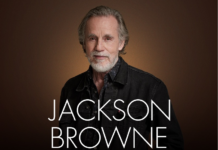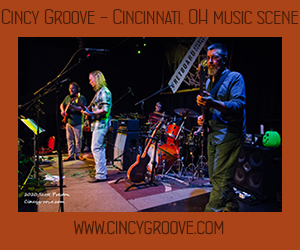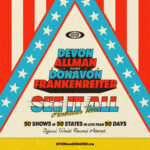Chairman Goodlatte, Chairman Coble, Ranking Members Conyers and Nadler, Members of the Subcommittee, thank you for the opportunity to testify today.
I am a singer/songwriter, author and performer. I wanted to be a songwriter from the time I was a teenager. I thought songwriting was an honorable, even noble profession. I believe that songwriting is far beyond just self-‐expression, but a powerful means of service: we, songwriters and musicians, help people to understand themselves better by helping them to feel— through music. We shine light on the dark corners of the soul. We help reveal the nooks and crannies of our shared humanity. We provide a community for the language of the heart. As Hans Christian Andersen said, where words fail, music speaks.
From the age of 18, I put myself to work. I ‘showed up for the Muse’, as my friend, writer Steven Pressfield says. I sat quietly around great songwriters to listen to their conversations about process, refinement, editing, rhyme schemes, chord progressions, lyric structure, narrative arcs, and on and on. I was full of passion and ambition, and I made myself an apprentice to some of the greats.
I have been a singer/songwriter and a sound recording artist now for over 30 years and I feel the same passion I felt as a teenager.
I have enjoyed acknowledgment, and much encouragement. I’ve won a Grammy, and been nominated for that award twelve times. I have charted 21 Top 40 singles, including 11 number one singles. I attribute most of this to very hard work and wonderful opportunity, as well as some native talent and tremendous collaboration with other creative individuals over the course of my career. I have had the great fortune of wonderful mentors and incredible fans, who have stayed with me for 35 years. I now share what I have learned by teaching songwriting and creative process. I have been a guest teacher in both English and Music programs at many colleges and universities, including New York University and Harvard. I am also a writer of prose, and have published four books, including my memoir, ‘Composed’, in 2010. I have kept my head down and shown up for work.
But the right beginnings, hard work and talent have NEVER been enough in my business. Creating music is, for the most part, a collaborative effort. Musicians are a tight-‐knit group. In the creation of recorded music, co-‐writers, producers, fellow musicians, recording engineers, background singers and various support people all come together with a single purpose: to create ONE work. For example, my new album The River and The Thread, from conception to a finished product took almost two years of writing and recording by myself and my husband and writing partner John Leventhal. It was arranged and produced by John, and co produced by Rick DePofi over that period. Then a team of creative and business professionals committed to 18 solid months of promotion and touring with me to support it. I am in the sixth month of that promotion.
With good fortune, a musician may also enjoy, as I do, the confidence and financial investment of a record label. I have been signed to major labels since 1978 and I’m honored to be on the esteemed label of Blue Note Records now. I am also a member of BMI, my performing rights organization, a member of two unions— SAG-‐AFTRA and the Musicians Union, of an artists advocacy group called Content Creators Coalition, and I’m a member of the Americana Music Association on whose behalf I am privileged to testify today.
I tell you these things to underscore that to me as a singer/songwriter, a recording artist, and a participant in many other parts of the music business it seems painfully obvious that all creative people deserve fair compensation when their work is used by others. For various reasons, that does not seem to be happening in the marketplace today, and we need a realignment.
I am a fan of new technology, both as a consumer and an artist. I am active in social media and do it myself, and I love it— I Iove the connection and the conversation. I’m also excited about the potential I see in the multiple new means of distributing music digitally that are being offered to music lovers, but my enthusiasm is tempered by the realization that these new business models are all cast against the backdrop of at least two decades of crushing digital piracy. This is important, because the royalties we are often offered as a result seem non-‐ negotiable. We can license services on the terms they offer. The alterative is piracy.
My father, Johnny Cash, testified before this committee in 1997 in support of the Digital Millennium Copyright Act. He told the committee then how challenging and dispiriting it was to find one of his biggest hits, ‘Ring of Fire’, being sold by someone in Slovenia on an illegal website and that he hoped the DMCA would aid in solving that. What an innocent time that was. Isolated illegal websites have morphed into a multi-‐national juggernaut that threatens to decimate the livelihoods of all musicians, songwriters and performers. There is a team at my record label devoted to issuing takedown notices to pirate sites. It is an absolutely futile gesture. The most popular search engines list pirate sites on the opening page of a search.
I have been publicly critical about the payment structures streaming services currently offer artists. For example, for an 18 month period, there were nearly 600,000 streams of my songs on a popular subscription site. I was paid $114.00 for those streams. I am not a lawyer or a politician or a policy wonk, and I couldn’t begin to parse the incredibly complex, outdated, pre-‐Internet laws regarding licensing and copyrights but I CAN tell you that I see young musicians give up their dreams Every Single Day because they cannot make a living, they cannot survive doing the thing they most love, the thing they just might be on the planet to do.
There are various legal obstacles that currently hinder creative people in the music business from making a fair living from their work.
Among those are:
- The lack of a public performance right for terrestrial radio play for sound recording artists. The United States is among a small number of countries that lack a broad sound recording performance right for artists. The others are China, North Korea and Iran. That list speaks for itself. The failure to recognize a broad public performance right for sound recording artists means that performers cannot collect royalties for their work even when it is broadcast abroad in countries where the right exists, because the treaties the U.S. has signed work on a reciprocal basis. Besides being fundamentally at odds with the principles this country was founded on – that we value the creations of the mind as much as we value what we create with our hands -‐ since we export more music than we import, the continued failure to recognize a performance right for terrestrial radio play makes no economic sense.
- Issues concerning how rates are set for compulsory and collective licenses songwriters offer for their work. Songwriters and composers typically collectively license their work for public performance through performing rights organizations (PROs). This makes it easier for services like digital music services, satellite radio, television and other users of music to get the rights they need in one place, rather than having to license them directly from songwriters on an individual basis. Rates for these licenses generally end up being set by a federal court in New York. A provision of the copyright act prohibits the court from considering sound recording royalty rates as relevant evidence when setting rates for performances of compositions. Courts should be free to consider all evidence they find relevant to set the fairest rates. As songwriters, we are also required to allow anyone who wishes to make a reproduction of our songs to do so in exchange for paying a statutory royalty rate. That rate was 2 cents per song in 1909 and today is only 9.1 cents per song. The Songwriter Equity Act, introduced by two members of this Committee -‐ Congressmen Collins and Jeffries – would address these issues by allowing the courts to consider all relevant evidence when setting rates, and by directing the government body that sets the rate for the compulsory license for making reproductions of songs to reflect market value for the songs.
- The lack of federal copyright protection for pre-‐‘72 sound recordings. Thereis a gap in copyright protection for sound recordings created before 1972 which allows digital streaming services to refuse to pay older artists even for digital performances of those sound recordings. Works recorded prior to 1972 are protected by state laws so they don’t enjoy the digital sound recording performance royalty provisions of the federal copyright act. I thank Ranking Member Conyers and Congressman Holding for introducing the RESPECT Act to treat the work of older musicians fairly by addressing this payment disparity. To put a personal perspective on this, if my father were alive today he would receive no payment for digital performances of his song ‘I Walk The Line’, written and recorded in 1956, but anyone who re-‐ recorded that song WOULD receive a royalty. This makes absolutely no sense, and is patently unfair.
Bottom line: Copyright law should not discriminate among different types of creative workers in affording them basic rights to compensation for their work. The creation and delivery of music to audiences requires the collaboration of many individuals and businesses including songwriters, performers, producers, music publishers and record labels. All of these individuals and entities should be appropriately compensated for their role in crafting and bringing work to audiences. At the moment in various important circumstances, some artists have no rights to royalties at all when their work is used by others to generate income. Other creators, like songwriters, have the compensation for the use of their work regulated by outdated laws and regulations.
These are just a few of the issues facing the music community. I understand that other legislation may be proposed by Ranking Member Nadler, from my home state of New York, thank you Mr. Nadler, to address music issues more comprehensively, and I will look forward to that bill with interest.
The complex system of music licensing that exists today should not be used to pit colleagues one against the other. I value all the contributions other creative people have made to my work and my career, and I have felt fortunate to be able to contribute and collaborate with others in return. The current dissonance we hear over music licensing issues does not stem from any ill will amongst colleagues or business partners, but solutions need to be found that realign incentives so that artists and songwriters can succeed together with existing and new music platforms.
Violinist Pablo Casals, one of the greatest musicians ever to live, said ‘Music will save the world.’ I believe that with all my heart. Where there are great differences among people, where misunderstanding and conflict are entrenched and seem impenetrable, there is a commonality, a language we all understand that resonates outside the arena of dispute and bitterness, outside linear time, a language that creates community and joy, and that is beyond words: Music.
Thank you

